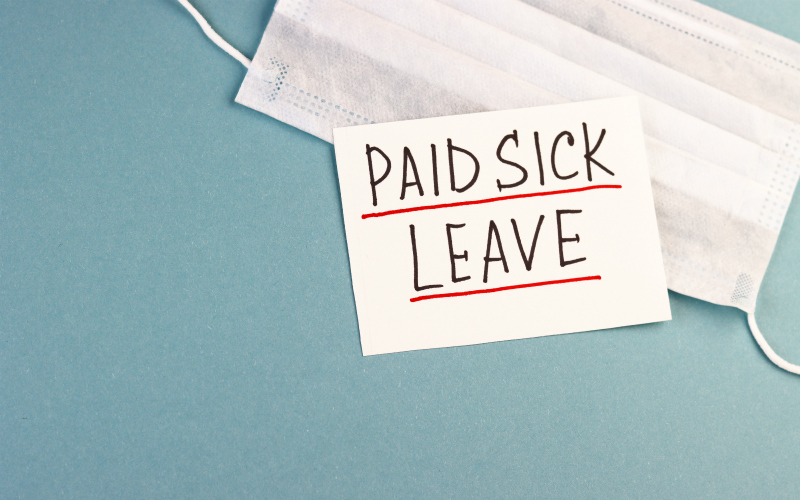
Law week saw the reporting of new cases of coronavirus in school children and a new cluster of cases centred around a Coupar Angus food processing factory. As a result of this many individuals are requiring to self isolate and as a result will be unable to attend work – this has consequences for employees and employers.
When do you need to self-isolate?
If someone has symptoms or has tested positive for coronavirus, they must self-isolate (stay at home) for at least 10 days and anyone else in their household must self-isolate for 14 days. If anyone else in the household starts displaying symptoms or tests positive, they must self-isolate for at least 10 days. This is regardless of where they are in the 14-day isolation period.
Further, if someone is told they've been in contact with a person who has coronavirus they must self-isolate for 14 days from the day they were last in contact with the person. Generally, people that live in the same household as someone in contact with a person who has corornavirus do not need to self-isolate unless that person has symptoms. However, as a result of the outbreak in a factory in Coupar-Angus, employees of the factory and their families (including children) are being advised to self-isolate for 14 days whether or not they are showing symptoms. The Scottish Government guidance specifically narrates the expectations of employees of the 2 Sisters factory and their families.
What should employees be paid while self-isolating?
As of 13th March 2020, employees and workers who self-isolate must receive Statutory Sick Pay (SSP) from the first day they are absent from work if their absence is due to either:
- Having confirmed Covid-19
- Having coronavirus symptoms
- Someone in their household (or in an extended or linked household with someone) who is isolating due to having symptoms of COVID-19, and self-isolating for a period of 14 days
- They have been advised to self isolate by a medical professional
- They have been told to self-isolate under the government ‘Test and Protect’ service.
Contractual sick pay may also be payable depending on the terms of the employee’s contract of employment and we would recommend taking advice to determine what exactly you are obligated to pay.
Where an employee can work form home during a period of self-isolation they should be given the opportunity to do so. However, where that is not possible, having an employee receive SSP for a period of time may place some employee in financial hardship. Employer’s should consider arranging with their employees to take a period of annual leave, for the time that they are self-isolating. You may want to consider removing any limit on how much annual leave can be taken in any one period to accommodate for the self-isolation period.
Foreign Travel
Where an employee is being told to self-isolate after returning from a trip abroad, they would not be entitled to SSP if they are unable to return to work and cannot work from home. If they can work from home they should be paid as normal.
It was announced earlier today that Economy Minister Fiona Hyslop on behalf of the Scottish Government has asked the UK government to provide them with money to assist businesses and employer impacted by local lockdown and self-isolation requirements. We expect further updates to follow and will continue to update our guidance to reflect this.

